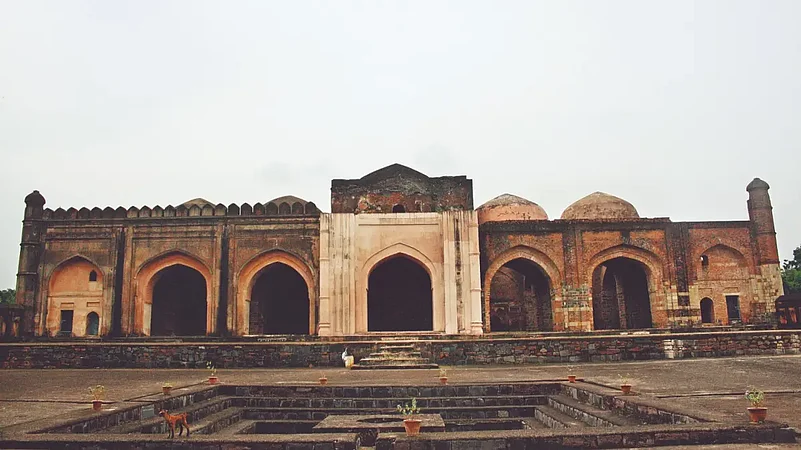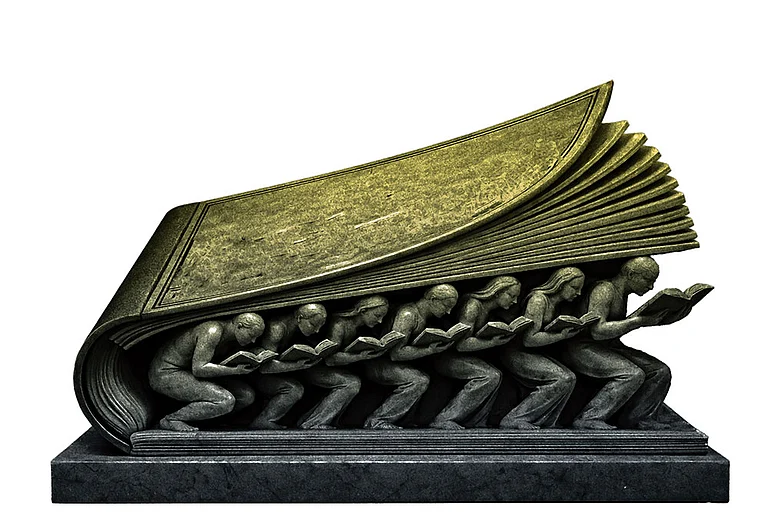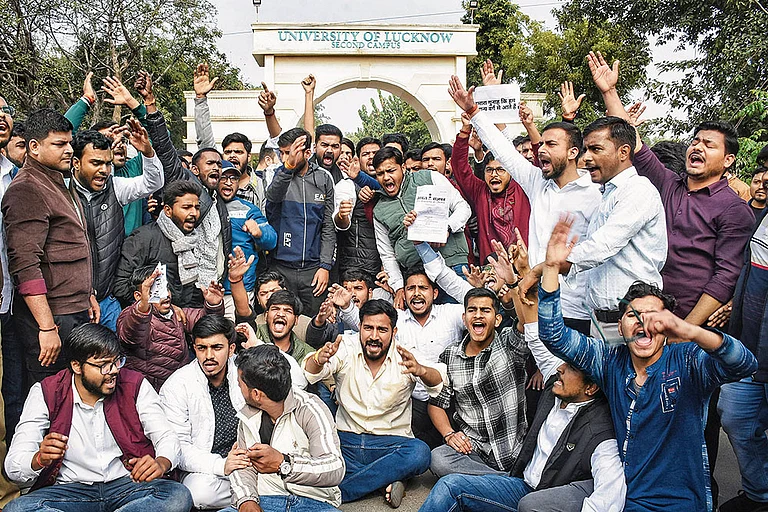The serene River Ganga has a lot to offer. The River Ganga is portrayed as an ardent mother figure who cares for the welfare of all living things, from protecting aquatic animals to providing livelihood to people who live on ghats. Bhagalpur, which lives in the reminiscence of the past yet is equipped with modern technology, preserves the very essence of River Ganga – aquatic life and human beings.
India is a land where technology and fables happily co-exist. It is believed that when River Ganga first came on earth, the first aquatic animals to greet her were dolphins. Thus begins the never-ending love saga of the river and dolphin. Dolphins were spotted most often in 2002-2003. Due to a lack of awareness and illegal hunting, their population witnessed a dip in 2007-2008. With the help of the Vikramshila Gangetic Dolphin Sanctuary, there has been a lot of improvement on different fronts along with generating awareness among the masses. In this venture, various people from the fishing community too have joined hands.
One can witness with their naked eyes the beauty of the king of all birds, the Garuda (eagle), perching on a beautiful tree. Known as Lord Vishnu’s vahan (vehicle), Garuda is now free from the shackles of illegal hunting and can fly freely to claim the sky. There are six different kinds of Garuda and they can be spotted in only three places on earth – Cambodia, Assam, and Bihar. Falling under the category of endangered species, people were not aware of its importance. With the help of Community Conservation of Greater Adjutant Stork, the population of this bird has increased significantly in Bihar, and so has people’s knowledge of this magnificent bird.

Nature is a bounty, but it should not be taken for granted. In India, turtles fall under Schedule 1 of animals – in simpler words, one cannot own a turtle and, if found guilty, can be put behind bars. However, not a lot of people are aware, and they continue to hurt these tiny aquatic animals or keep them in aquariums unknowingly.
To prevent further damage, the Turtle Rescue Centre in Bhagalpur has made sure to provide medical treatment to all rescued turtles before releasing them into their natural habitat. Bihar, and Jharkhand share this one common turtle rescue centre. Manjusha Art and Silk of Bhagalpur are two other aspects that add beauty to this historic town.
River Ganga provides shelter to these endangered marine species, and it is important that the river is clean and healthy. In order to maintain its cleanliness, the Namami Gange Project has been initiated in every state and district where the holy River Ganga flows. The project helps in not only cleaning the river but also beautifying the ghats. In return, the project provides a home to several aquatic animals as well as people who toil hard day in and day out.
With the help of these plants, River Ganga has become a sight for sore eyes.
***
A young state, Jharkhand, has a lot of geographical as well as historical significance and value to offer. It was formed in the year 2000. Sahibganj in Jharkhand is situated 78 km away from Bhagalpur. It is the ultimate destination as the hill meets the sacred River Ganga.
If one is looking for a way to peep into the past, fossils are the right source. Right from early civilization and their chores to the state of nature, fossils ease the effort to learn about evolution. Storing fossils worth 15 billion years old, World Zoological Heritage’s Fossil Park is the right destination. Right from lava eruptions to trees of the olden days, this Fossil Park houses everything that has ever taken place.

Making sure art too has its own contribution, the stories of tribals, animals, and water are depicted through the terracotta figures. Made from river Ganga’s mud, these figures focus on the lives of the people and their way of living. Through fossils, one can learn about the evolution of human civilization and nature, but through art, one can live in those ancient days.
As far as the eyes can wander, River Ganga can be seen glazing and shining. To keep pollution at its doorstep, the Namami Gange Project has ensured to keep the river clean and hygienic by setting up wastewater treatment plants. Under the initiative, 11 ghats in Sahibganj and 9-10 ghats in Rajmahal have been developed.
To prevent untreated water from mixing with the river, a 3.5 MLD STP has been constructed in Rajmahal. The lovers of historical monuments must not miss the Baradari, also known as Nageshwarbagh, an ancient fort with 12 gates and Sangi Dalan, another ancient monument made during Emperor Akbar’s reign. For spiritually inclined tourists, a visit to the Chaitanya Mahaprabhu temple in Rajmahal would be a delight. Sahibganj, on the other hand, houses one of the most picturesque spots in the district – Moti Jharna – that dates back to the Mahabharata age. Next to the Jharna is an ancient Shiva temple named after the waterfall.
***
Whether it is a newly discovered city or an ancient city, it is crucial that nature be preserved and protected. From Sahibganj, where the city glistens with geographical prowess, to Bhagalpur, where every nook and cranny of the city oozes history, River Ganga never refrains from offering shelter to anyone in need. If one is looking for a home, River Ganga flows swiftly, marking her presence without any biases or judgements.





















